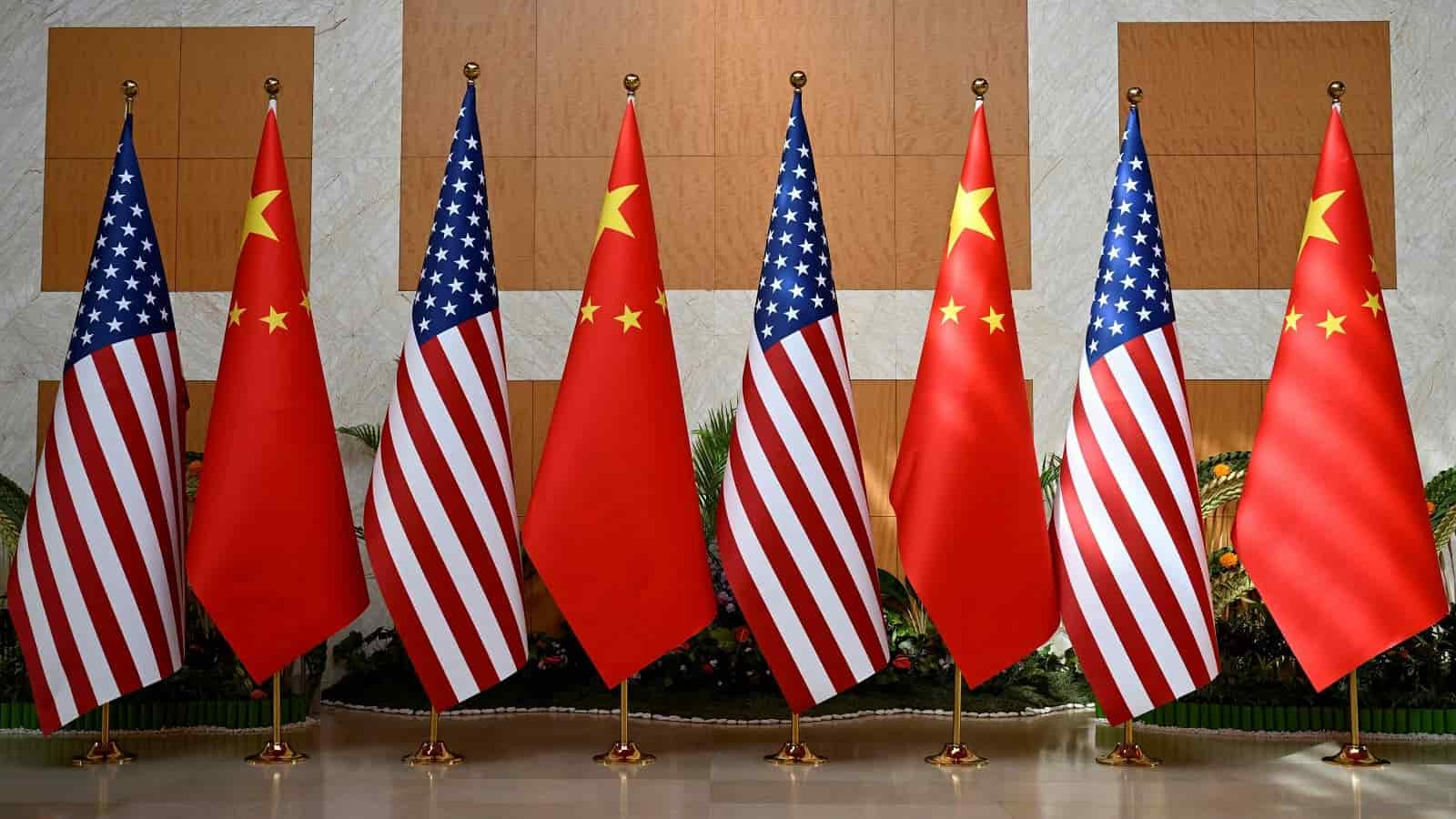Lloyd Austin on China: In an attempt to allay worries that America’s security obligations in the Asia-Pacific have been neglected due to the crises in Gaza and Ukraine, U.S. Defense Secretary Lloyd Austin attempted to refocus attention on China’s danger in the region on Saturday.
In an attempt to ease tensions over everything from Taiwan to China’s military actions in the South China Sea, Austin met Dong Jun, his Chinese counterpart, on Friday while giving a speech at the yearly Shangri-La Dialogue security meeting in Singapore.
Concerns about Washington’s attention being diverted from the Indo-Pacific region due to its emphasis on supporting Israel’s war in Gaza and assisting Ukraine in fending off Russia’s invasion have grown.
“Despite these historic clashes in Europe and the Middle East, the Indo-Pacific has remained our priority theatre of operations,” Austin stated in his speech, which seemed to be intended to highlight the administration’s record in the area as President Joe Biden’s first term in office concluded.
China and US Defense Chiefs Hold rare Direct Talks in Singapore
In November, Biden will face off against former President Donald Trump in the race for reelection.
“Let me be clear: The United States can be secure only if Asia is secure,” Austin said. “That’s why the United States has long maintained our presence in this region.”
Austin emphasized the value of coalitions in the area.
“And … peaceful resolution of disputes through dialogue and not coercion or conflict. And certainly not through so-called punishment,” Austin remarked, implying criticism of China.
The speech mostly avoided mentioning China while criticizing Beijing’s actions in the area, particularly those related to the South China Sea.
The American Indo-Pacific policy, in reaction, was believed to be designed “to create division, provoke confrontation, and undermine stability,” according to Chinese Lieutenant General Jing Jianfeng.
According to The Print, Jing, deputy chief of China’s Central Military Commission’s Joint Staff Department, “It only serves the selfish geopolitical interests of the U.S. and runs counter to the trend of history and the shared aspirations of regional countries for peace, development and win-win cooperation,”
Speaking to reporters on behalf of the defense ministry, Wu Qian said that Dong cautioned Austin at their meeting on Friday that the United States should not meddle in China’s relations with Taiwan. China asserts sovereignty over the democratically run island.
According to some U.S. officials, Beijing has grown more assertive in recent times. Following Lai Ching-te’s inauguration as president of Taiwan, Beijing recently initiated what it called “punishment” drills surrounding the island, dispatched highly equipped jets, and carried out simulated attacks.
Military spendings
The US has provided Ukraine military aid valued at tens of billions of dollars since the invasion, and last month the Congress approved an extra $61 billion. It has also maintained arming Israel; the same law provides that country with $26 billion in further aid.
Shin Won-sik, the defense minister of South Korea, refrained from saying whether his country would change its anti-arms export rules to offer more direct help to Ukraine during a later meeting.
South Korea has signed historically large arms agreements with Poland and provided artillery ammunition to the United States over the past year; both countries provide security assistance to Ukraine.
Taiwan tracks 38 Chinese military aircraft, 11 ships around nation
The lawmakers’ supplemental spending plan includes about $8 billion in American funds earmarked for the Indo-Pacific region’s conflict with China.
The president of the Philippines, Ferdinand R. Marcos Jr., criticized on Friday aggressive, coercive, and illegal acts in the South China Sea, a disputed region of the ocean that China has been inundating with coast guard vessels in recent months.
At the center of a growing power struggle between Beijing and Washington is the Philippines, a vast archipelago with close geographical proximity to China and deep historical links to the United States.
Austin emphasized that the mutual defense treaty between Manila and the United States was unbreakable and described the harassment the Philippines was subjected to as perilous. According to him, the goal was to prevent the tensions between Beijing and Manila from getting out of hand.
“America will continue to play a vital role in the Indo-Pacific, together with our friends across the region that we share and care so much about,” Austin declared.
The Chinese general, Jing, said that the instability in the area was a result of these relationships.
“It is natural for neighbours to bicker sometimes, but we need to resolve disagreements through dialogue and consultation rather than inviting wolves into our house and playing with fire,” he said.



